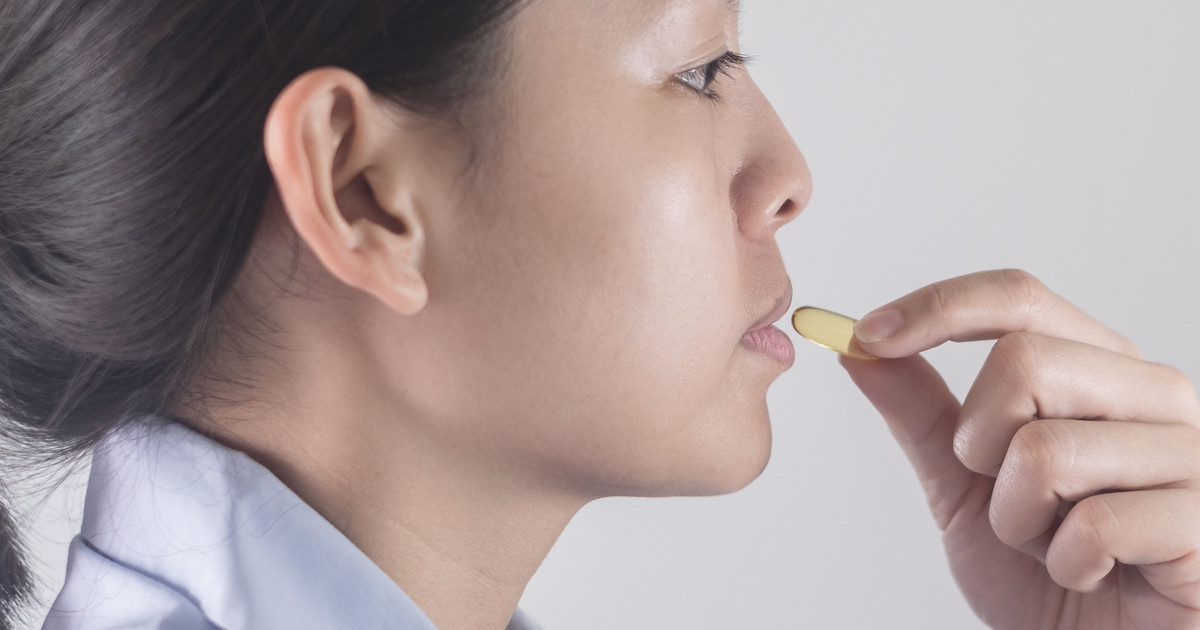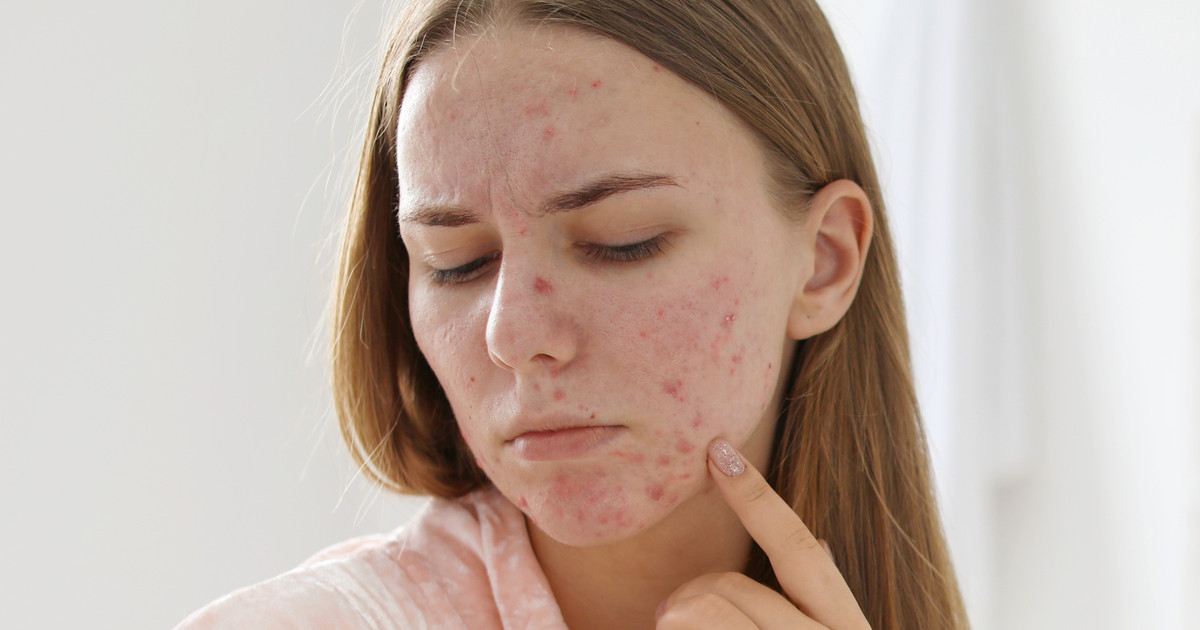Guide To Isotretinoin (Accutane)
Isotretinoin, often sold as Accutane, is an oral medication that belongs to a group of medicines called retinoids. The standard dose for adult acne treatment is between 0.25 to 0.5 milligrams per kilogram of body weight. Most patients will take this twice daily. The maximum daily dose for adults is two milligrams per kilogram of body weight. Treatment may continue for up to twenty weeks. Due to the risk of side effects, patients can only obtain this medicine from certified pharmacies. They must also join a registry that tracks their treatment. Patients will be closely monitored during treatment. Suppose the patient's nodule count decreases by seventy percent or more. In that case, it may be possible to discontinue the medicine after less than twenty weeks.
As mentioned, this medication is used as an acne treatment for severe forms of acne. Most patients will take other acne medications before receiving an isotretinoin prescription. In most cases, patients will have also tried home remedies for acne and over-the-counter acne washes as well. Topical acne spot treatments are also common before this medication. Many patients will use topical retinoids prior to this oral form also. It is also worth noting that this medication may help as an acne scar treatment. Of course, since it is an intense treatment for acne, patients must understand isotretinoin fully first.
How It Works

Isotretinoin, an oral retinoid, is a synthetic form of vitamin A. It permanently reduces the size of the sebaceous glands in the skin. This medication also decreases the amount of sebum that these glands secrete. In addition, isotretinoin reduces skin inflammation and decreases the bacteria that may be present on the skin. By drying out the skin, the medication creates an environment that is much less favorable for acne development.
Typically, patients notice a significant reduction in clogged pores on this medication. It also helps increase the turnover rate of skin cells. Isotretinoin is believed to work by boosting the skin's production of neutrophil gelatinase-associated lipocalin. This is thought to kill cells in the sebaceous glands. Studies have shown that isotretinoin appears to block the action of MMP-9 in sebum. The drug may also impact hTERT and telomerase.
Uses And Benefits

Isotretinoin is most commonly used to treat severe cases of nodular acne. Generally, the medication is only considered for individuals who have not responded to antibiotics or other treatments. Certain doctors may choose to prescribe it as an off-label treatment for moderate acne that is resistant to other treatments. This medication may also be used for acne that causes scars or psychological distress to the patient. In these situations, isotretinoin may be prescribed at a lower dose than the standard dose for nodular acne.
Some studies indicate that this medication may be beneficial for use in cutaneous T-cell lymphoma patients. The medication may also be used to prevent squamous cell carcinoma of the skin in patients who are at high risk for this condition. With a shorter half-life than similar medicines, some dermatologists consider isotretinoin to be the preferred treatment for female patients of child-bearing age with a high risk of skin cancer.
